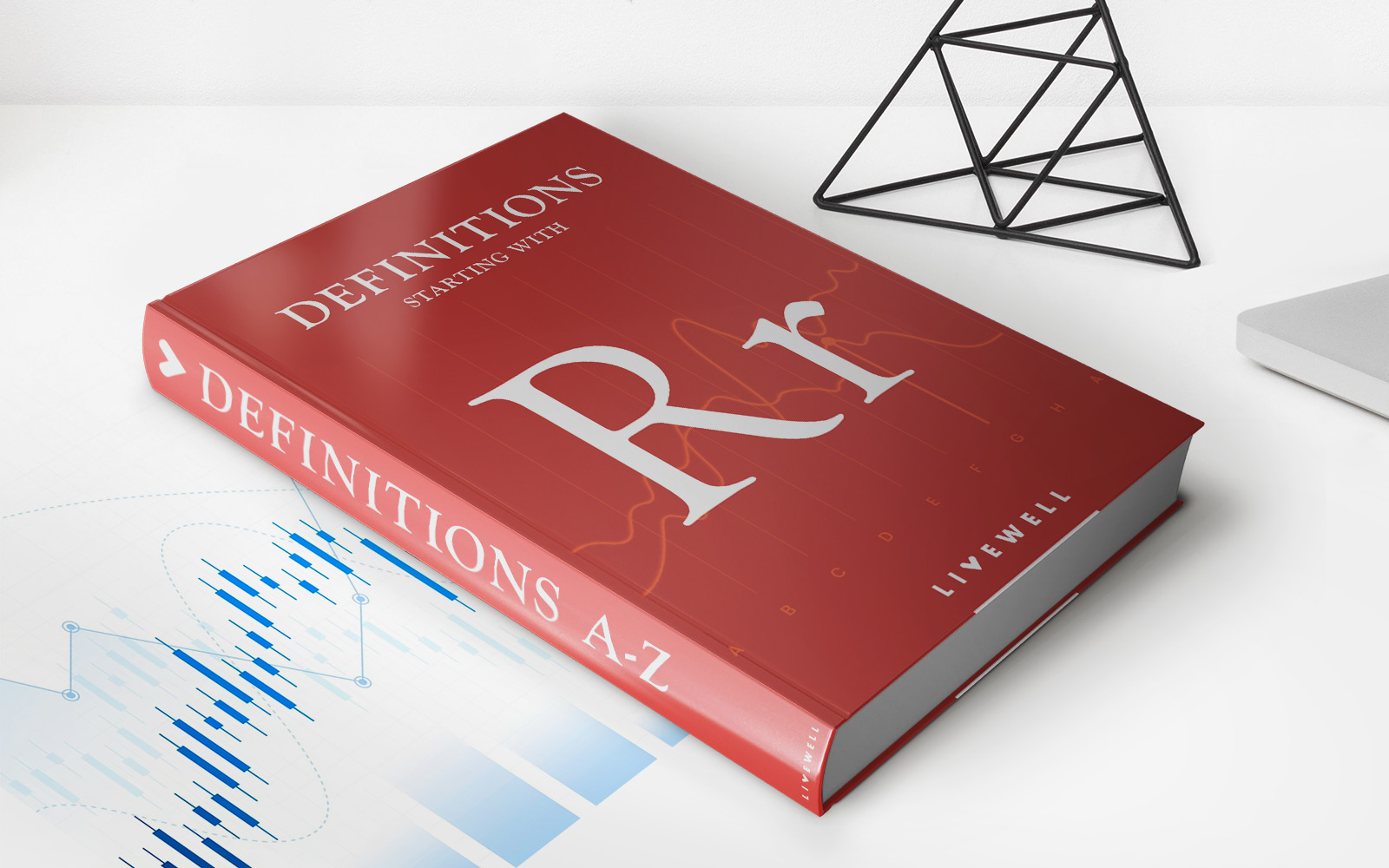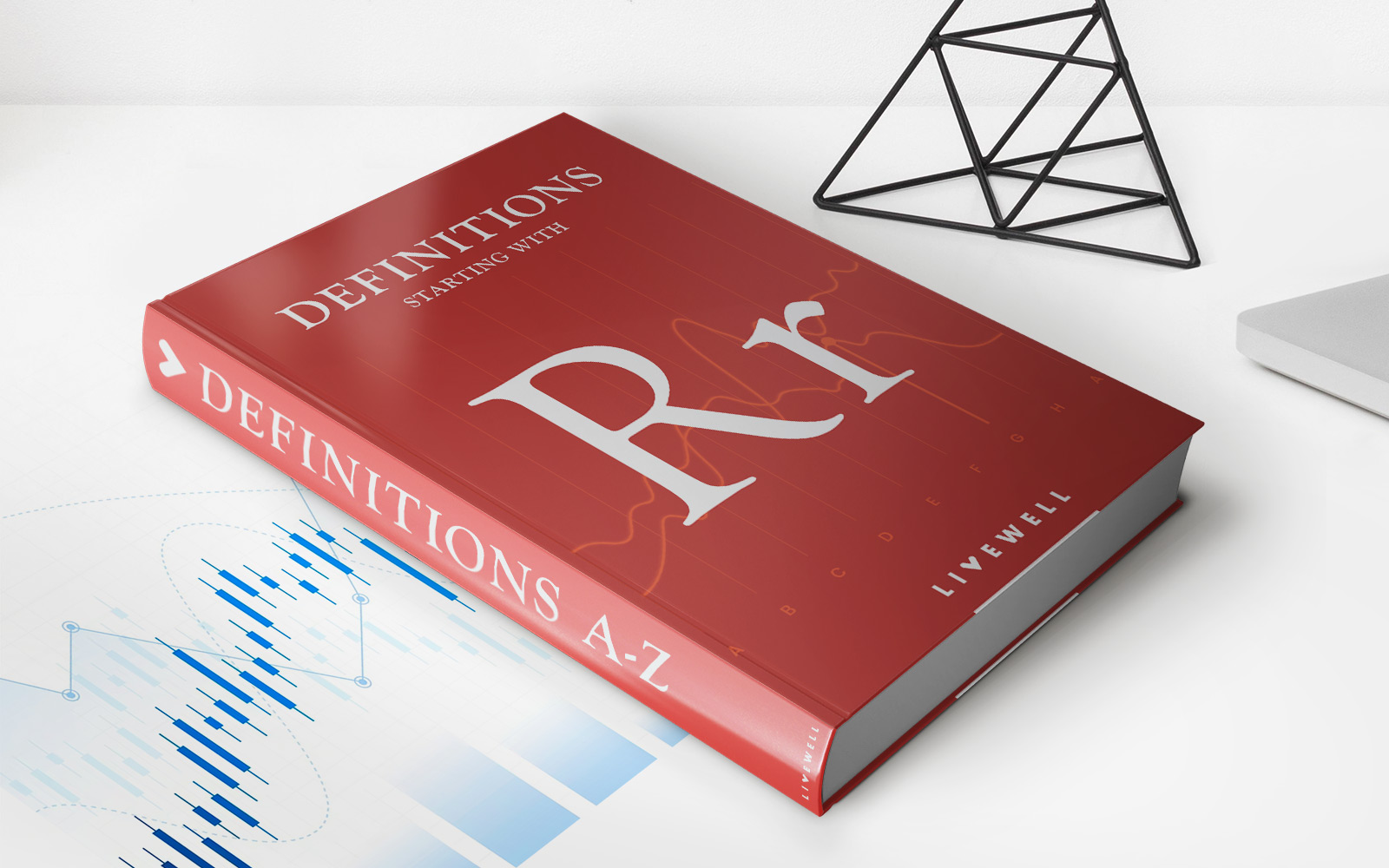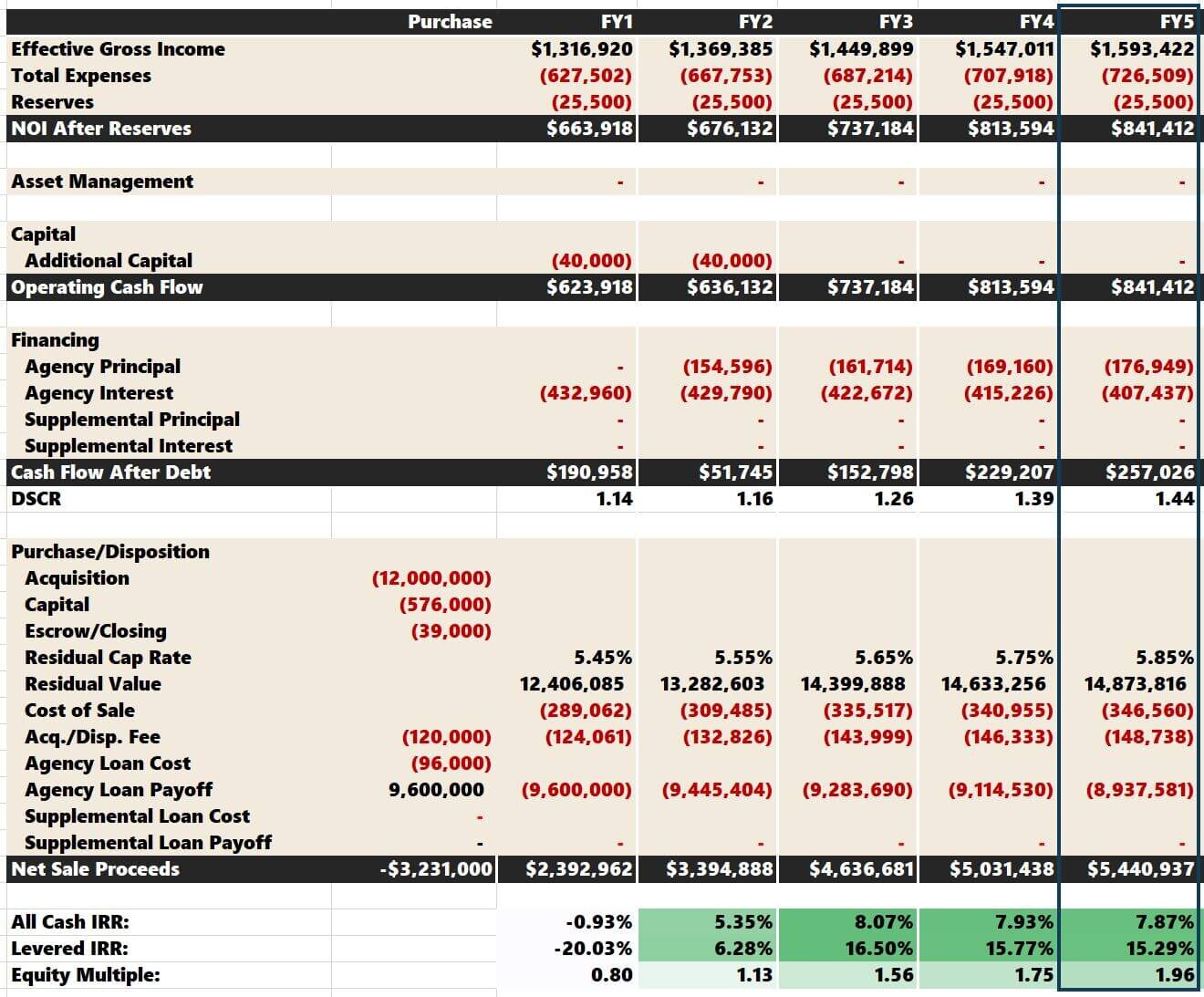Home>Finance>What Is Trust Property? Definition In Real Estate And Trust Types


Finance
What Is Trust Property? Definition In Real Estate And Trust Types
Published: February 11, 2024
Learn the definition of trust property in real estate and explore different types of trusts. Discover how trust property can affect your finances.
(Many of the links in this article redirect to a specific reviewed product. Your purchase of these products through affiliate links helps to generate commission for LiveWell, at no extra cost. Learn more)
Understanding Trust Property: Definitions and Types in Real Estate
When it comes to real estate, the term “trust property” can often surface, leaving many homeowners and investors wondering what it really means. In this blog post, we aim to demystify the concept of trust property and provide a clear understanding of its definition and various types. So, let’s dive in and explore the fascinating world of trust property!
Key Takeaways:
- Trust property refers to real estate or any other asset that is held in a trust.
- Trusts can offer benefits such as asset protection, estate planning, and tax advantages.
Defining Trust Property
Trust property, in simple terms, refers to any real estate or other assets that are held within a trust. A trust is a legal arrangement where a trustee holds assets on behalf of beneficiaries. The trustee has the responsibility to manage and distribute the trust property according to the terms outlined in the trust agreement.
In the context of real estate, trust property can include residential homes, commercial buildings, land, or any other type of property that has been placed in a trust. The purpose of placing property in a trust is usually to maximize benefits and protect the assets.
Types of Trusts
Trusts can come in various forms, each with its own set of rules and purposes. Some common types of trusts include:
- Living Trust: Also known as a revocable trust, a living trust is created during the grantor’s lifetime and can be altered or revoked. Living trusts allow for smooth asset management and avoid probate proceedings.
- Testamentary Trust: This type of trust is created through a will and only takes effect upon the testator’s death. Testamentary trusts are commonly used for estate planning purposes.
- Irrevocable Trust: As the name suggests, an irrevocable trust cannot be changed or revoked once established. These trusts offer strong asset protection and potential tax benefits.
- Charitable Trust: Charitable trusts are set up for philanthropic purposes, allowing individuals to donate assets to a charity while enjoying certain tax advantages.
- Special Needs Trust: A special needs trust is designed to provide financial support for individuals with disabilities without interfering with their eligibility for government assistance programs.
These are just a few examples of the many trust types available. Each trust serves a unique purpose and offers specific advantages depending on individual needs and goals.
Benefits of Trust Property
Now that we have a clearer understanding of trust property and trust types, let’s take a look at some of the benefits that come with placing property in a trust:
- Asset Protection: Putting property in a trust can safeguard it from potential legal claims or creditors.
- Estate Planning: Trusts offer a flexible way to pass on assets to beneficiaries, potentially minimizing probate expenses and ensuring a smoother transfer of property.
- Tax Advantages: Certain types of trusts can provide tax benefits, allowing you to optimize your financial situation.
- Privacy: Unlike wills, trusts are generally kept private and not made public, ensuring that your estate affairs remain confidential.
These benefits, combined with the wide range of trust types available, make trust property an attractive option for many individuals and investors in the real estate market.
Final Thoughts
In summary, trust property refers to real estate or other assets held within a trust. Establishing a trust offers numerous advantages, including asset protection, estate planning benefits, tax advantages, and increased privacy. Understanding the various types of trusts available can help individuals make informed decisions when it comes to managing their assets and securing their financial future.
So, whether you’re a homeowner, investor, or someone curious about the world of real estate, delving into the realm of trust property can open up a whole new realm of possibilities. Consider consulting with a legal professional or financial advisor to determine the best trust type for your specific needs and objectives.














